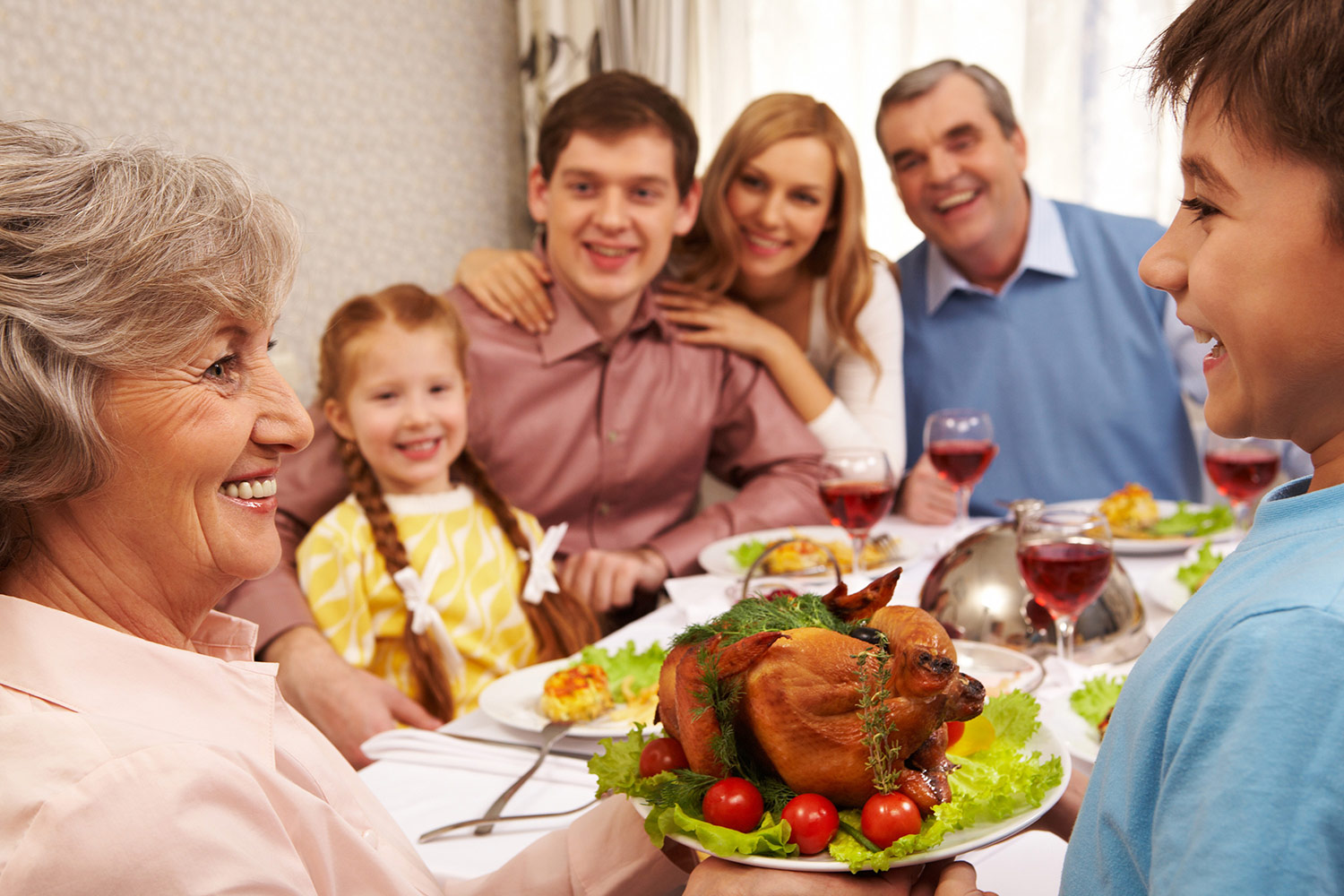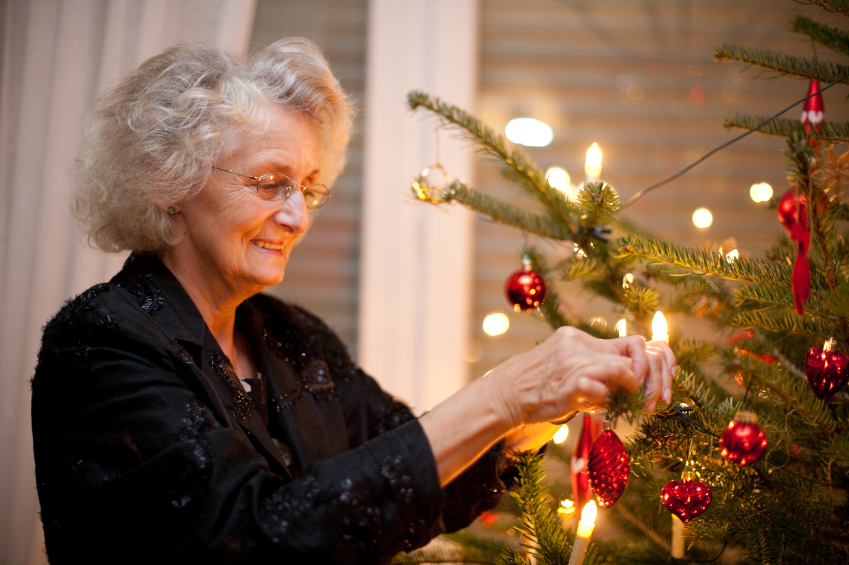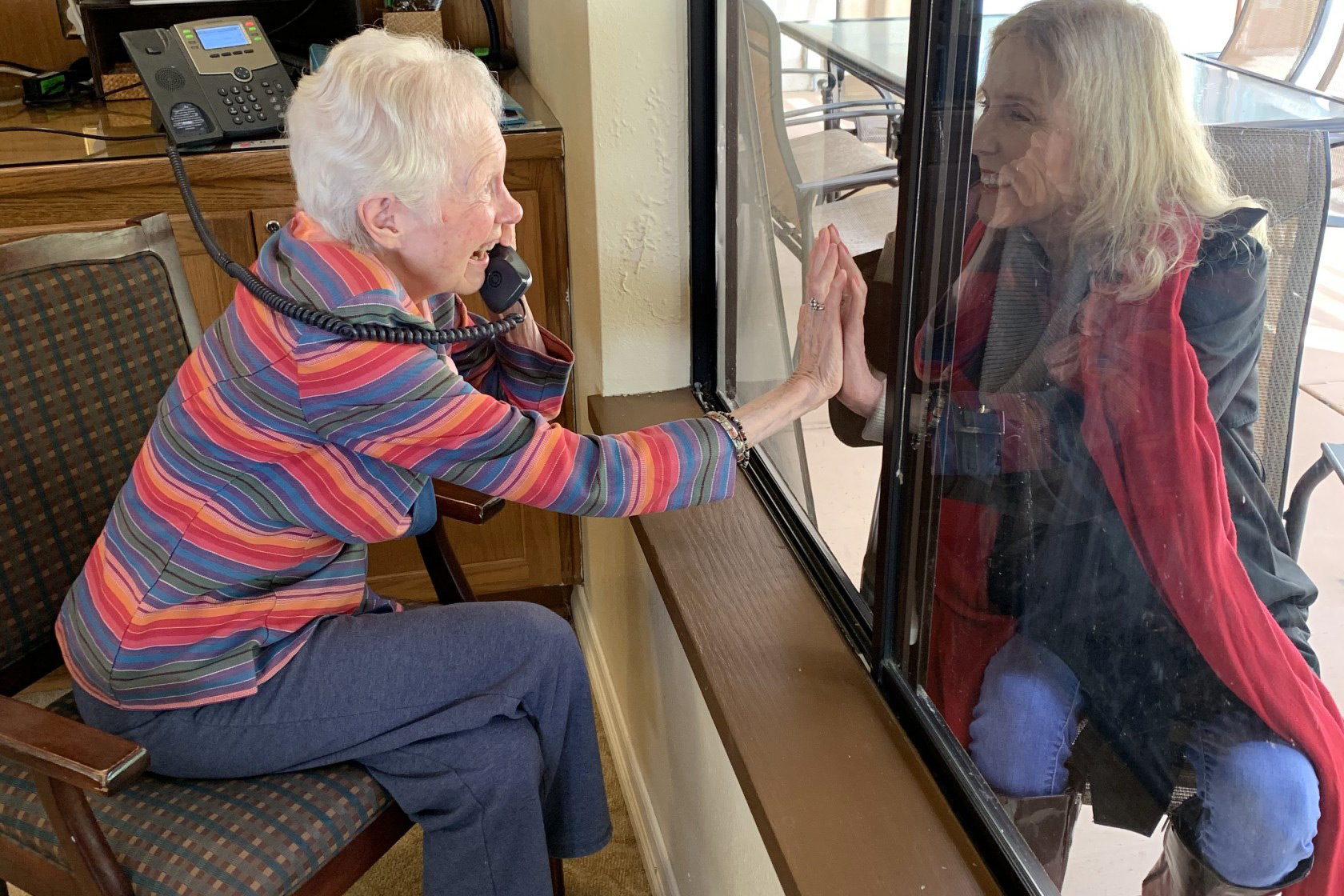When families come together during the holidays, they do so all with different perspectives. We all grew up with different degrees of closeness to our parents, our siblings, and the physical distance between us can certainly color our experiences between one another.
The holidays are often times when we may notice things about our senior loved ones. Sometimes those closest to our parents, who see them regularly may not recognize the changes or decline in their health or ability to mobilize.
If you are a family whose parents are still independent and active there will come a day when you will start seeing warning signs that it may be time to start discussions. In addition, you might take notice of things around your parents’ homes that may be a hazard or increase the risk of accidents. The warning signs are subtle, but if you know what to look for it may be a great indicator of things that should be addressed.
Your Parents’ Home:
If your parents are living independently without any assistance you may think it’s too early to be concerned for their safety in their living environment. You also may feel like you are intruding when pointing out some things that can help them in their home, but bear in mind, actually, you may in fact be saving their lives.
75% of broken hip accidents happen in a senior’s home, and most of the time with proper safety precautions, these accidents could have been avoided. Take a quick survey to check out their living environment when you are there. Take action for some basic practices that every single senior should have in place in their home, including:
Remove Throw Rugs: That means any and all throw rug on the floor in walkways, kitchen areas, and most importantly, the bathroom.
Put grab bars up in the Bathroom: Shower and toilet area before they need them: It’s never too early to put up a grab bar or two. Bathrooms are the most dangerous room in the home when it comes to fall prevention.
Check lighting in traffic areas: Does your parent get up in the night and walk to the bathroom? Find nightlights that will come on that will light the path. Is the lighting adequate in all outdoor walkways?
Check patio and deck areas: Make sure they are not slippery. Are there proper handrails?? When visiting their home look around for trip hazards, like branches hanging down or grown over pathways.
If your parent is living at home but you suspect they need help:
Here are some considerations.
Check their refrigerator. Is there a lot of food not getting eaten? How about the type of food? Are they eating balanced meals?
Is there more clutter than usual? Perhaps they are not tracking finances or bills as effectively as they used to. Is clutter around their favorite chair producing potential trip and fall hazards?
Are they “chair walking?” Are they are hanging on to other pieces of furniture as they are moving around their home?
If there are any indicators of this, you may want to look into help for them in the form of a walker, and/or have a physical therapist come in to help them build strength.
How is their grooming? Are they easily taking regular showers? Are you seeing them slack on their grooming habits? Is their laundry getting done regularly?
If you have some concern about any of these above issues, it’s time to intervene. Bring in a home care agency or an advisor to professionally evaluate your senior loved one.
Holiday Considerations
Conversations: Speak slowly and make eye contact while talking to them. Make sure that background noise is at a minimum. Turn down background music so that they can hear you. Make an effort to spend time with them on a one-on-one basis. Don’t bombard them with a lot of people talking at them at once.
Memory: Of course, there may be memory issues as seniors age. As they do so, it’s reasonable to see a small amount of getting short term memory details mixed up without major concern. If, however, they are asking the same question consistently for multiple situations, it may be time for a trip to their doctor to determine if your senior has memory issues like Dementia or Alzheimer’s.
Stamina: Also, bear in mind that they will likely be more tired during the day than they were when they were younger. This is normal. Realize that their window for a Holiday Event is only likely about 2-3 hours max. You may need to make arrangements so that they can rest or go home when they are ready to go.
Wishing you and your family a glorious Holiday Season full of fun, friends and family!















